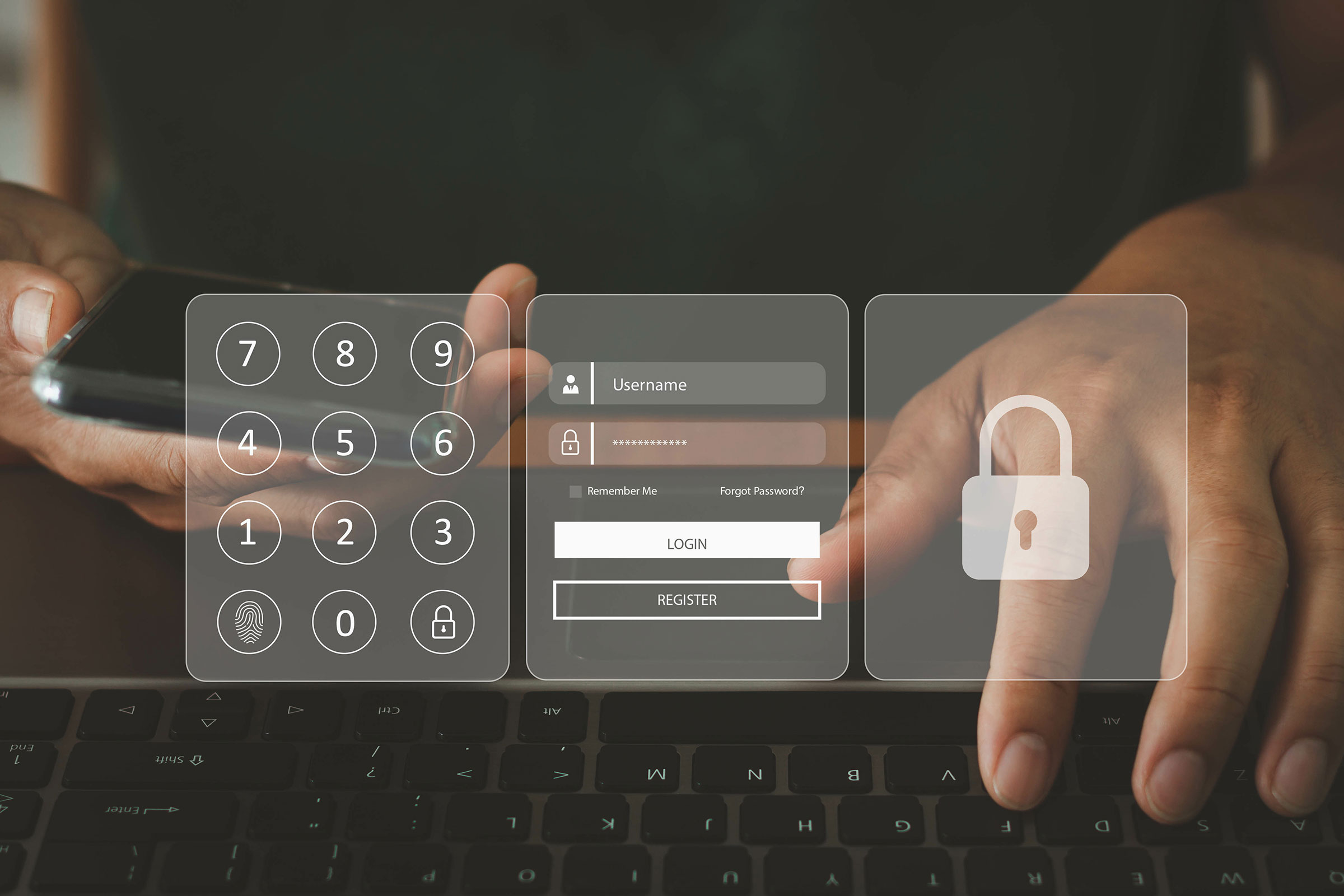Multi-factor authentication (MFA) is a security measure that requires users to provide multiple forms of identification to access a system or network. This can include something the user knows (such as a password), something the user has (such as an authenticator on their phone), or something the user is (such as a fingerprint).
One of the main benefits of MFA for small and medium businesses is that it greatly increases the security of their systems and networks. Passwords can be easily guessed or stolen but requiring additional forms of identification makes it much more difficult for hackers to gain unauthorized access. In addition to providing increased security, MFA can also help small and medium businesses comply with various cybersecurity regulations and standards, such as the Payment Card
Industry Data Security Standard (PCI DSS) and the Health Insurance Portability and Accountability Act (HIPAA).
MFA can also help businesses protect sensitive information, such as customer data, financial information, and trade secrets. By requiring multiple forms of identification, businesses can ensure that only authorized individuals are able to access this information. Another benefit of MFA is that it can reduce the risk of employee mistakes, such as accidentally sharing sensitive information or falling for phishing scams. By requiring multiple forms of identification, businesses can ensure that employees are who they claim to be, and that they are only able to access the information and systems that they need to do their jobs.
In conclusion, multi-factor authentication is a powerful cybersecurity tool that can help small and medium businesses protect their systems and networks, comply with regulations and standards, protect sensitive information, and reduce the risk of employee mistakes. It is important for businesses of all sizes to implement MFA as part of their overall cybersecurity strategy.


